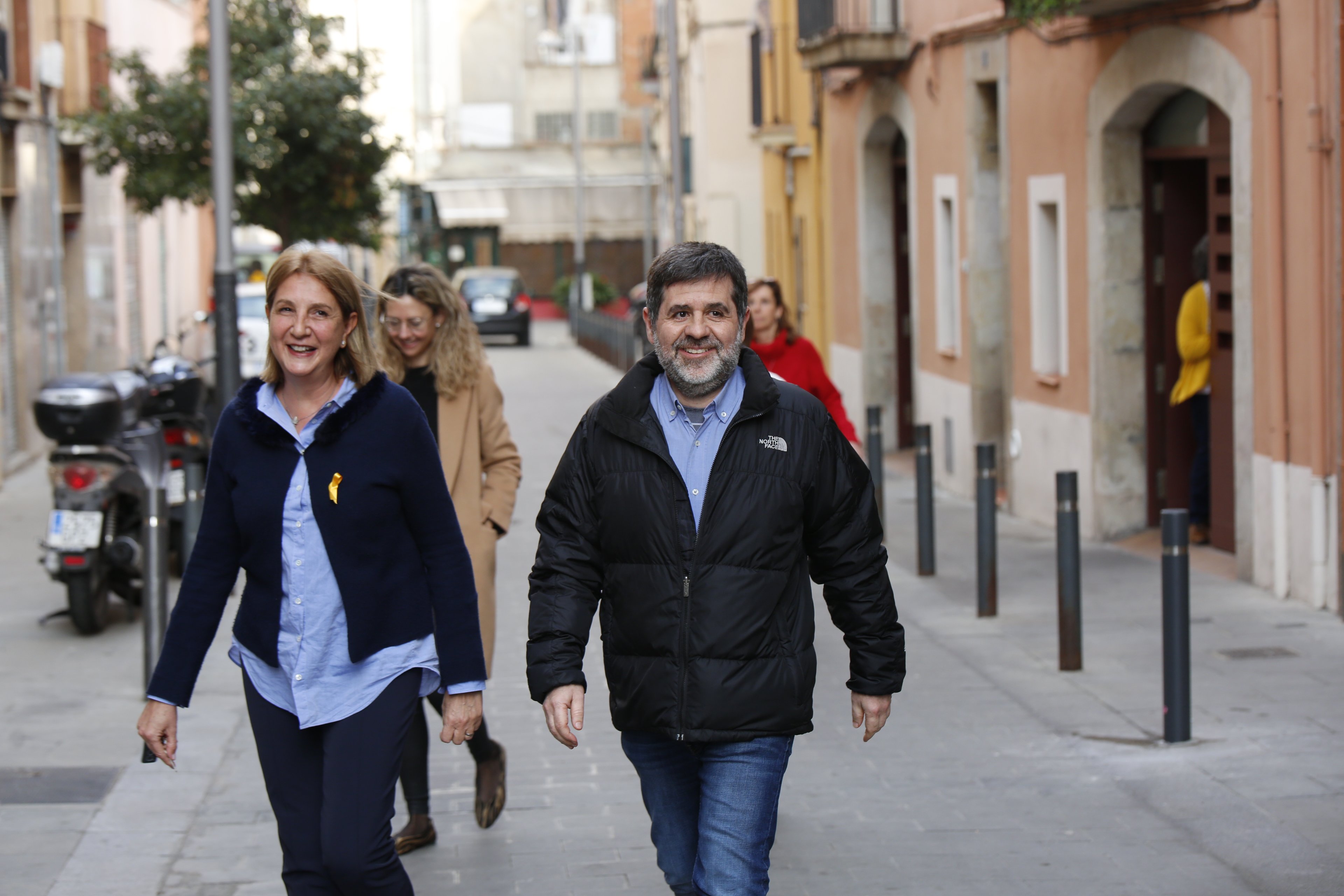They see it as their duty. As many times as necessary, Spanish public prosecutors will appeal the granting of leave to the Catalan pro-independence political prisoners to carry out paid or volunteer work outside prison while serving their sentences. It's paperwork for the prosecutors, but it seems they can’t skip it. And they have done so again with the request by former civil group leader Jordi Sànchez for permission to return to voluntary work. Today the prosecutors filed an appeal once again opposing prison leave for the former leader of the Catalan National Assembly (ANC).
Of course, they have their arguments. And the arguments go back to the original objection they made to granting leave for the pro-independence leaders: the absence of repentance among the prisoners, convicted of sedition for their roles in the 2017 Catalan independence referendum. Moreover, the prosecutors argue that there should be a specific programme for the "reinsertion" into society of the nine men and women. But as justice officials said at the time, no programmes have been devised for the treatment of those convicted of sedition. It is an offence in the Spanish penal code which had never previously been used.
The prosecutors state in their appeal that "the inmate does not possess sufficient perception of the seriousness of the acts committed, and there has been no change that shows that he is sorry for what happened, which makes it impossible to ascertain a proper evolution and stability in his treatment." They argue that for the granting of leave it is necessary to "ascertain that the inmate will lead a normal life, understood as respect for the guidelines of mutual coexistence, the rules that govern our society, and it is very difficult to detect a possibility of re-education and reinsertion in someone who, as here, has not actually accepted that he committed the acts for which he is serving a sentence."
They warn that there is still a risk of repeat offending and that Jordi Sànchez will take advantage of the time in voluntary work leave to achieve his goal, since "the crime of sedition is not committed in a specific moment of passion, but requires care and time". In support of this, the prosecutors note that "the Supreme Court's verdict describes how the preparation of the crime took years", and thus they do not trust Sànchez to make "good use of the leave" given that "the inmate himself does not accept that he committed the crime, and this means that the factors that influenced the act of committing the crime still exist."
The prisons court judge has the final say. Every appeal by the prosecutors that has been filed so far against work leave for the pro-independence leaders has been dismissed and they have been able to proceed with their voluntary activity or labour under article 100.2 of the prison regulations.

